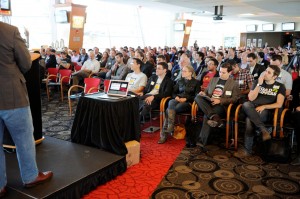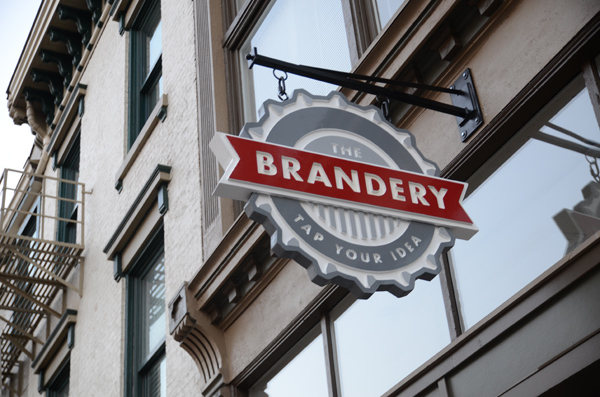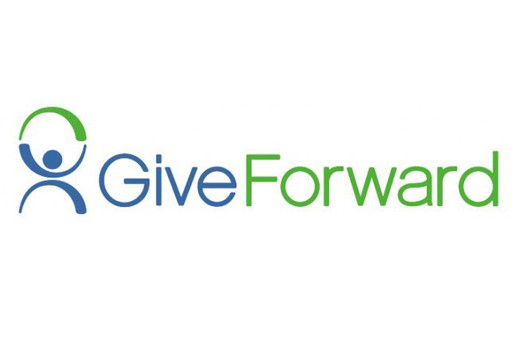When it comes to launching tech startups, Cincinnati is giving other cities a run for their money. And in this hotbed of recent tech development rests The Brandery, a three-month seed stage consumer marketing venture accelerator that has graduated the likes of such startups as Roadtrippers and StyleZen. Regarded by Tech Cocktail as one of the top 10 programs in the country, The Brandery recently welcomed its new incoming class of ambitious young entrepreneurs.
How does the accelerator work, and why does it stand out in the already growing pool of hyper-competitive accelerator programs? Co-founders David Knox and Rob McDonald pulled together their experiences and personal stories to dish out what they think sets the Rockstars apart from the rest, and what you can do to put your tech startup’s best foot forward.
Avoid Re-Inventing The Wheel
When it comes to entrepreneurial errors, chances are there is someone out there more seasoned thanyou who has already hit that bump in the road, fallen, and learned from it in the process. When it comes to starting your own company, McDonald stresses the importance of reaching out to like-minded mentors: “Each company is assigned a set of core mentors to work with throughout the program. While at The Brandery entrpreneurs are free to seek out advice from any of their 50+ mentors, he says,”We try to ensure the teams have mentors that can focus on their specific needs at the outset,” says McDonald.
Brand Yourself

You’ve heard the old adage before: it’s not the idea, but the execution that matters. While the accelerator carefully chooses what they deem to be innovative business ideas, what sets them apart from other programs of its kind is the focus on branding yourself. The accelerator partners every team with a local branding agency that helps them refine their brand and construct their marketing plan.
Have Faith
When it comes to investing in tech startups, the outcomes are often surprising, the investment risky, and one must resort to some degree of faith. For example, up-and-coming roadtrip-planning app Roadtrippers may not have had investor backing without some initial confidence that it would take off. “They [Roadtrippers] have spent the last six months rebuilding their beta and launched a few weeks ago,” says Knox, “They don’t show up as much in our numbers yet, but everyone involved with our program believes Roadtrippers will be one of our biggest wins.”
The Consumer is the Boss
Prior to starting TB, Knox was a veteran of Proctor & Gamble. When asked what he took away from his years at P&G, Know replied, “One of the mantras at P&G is the Consumer Is Boss. This is something that we take to heart at The Brandery, encouraging our startups to focus on the problem, not just the product. We aren’t looking for companies that are just building something interesting but instead those that are focusing on really meeting a consumer need.”
Keep It Local
While the temptation to outsource to more established tech hot spots like Silicon Valley or New York City may be great, Knox and McDonald’s success with the Brandery speaks volumes as to why it’s important for companies to keep it local. When it comes to the Cincinnati tech scene, they owe part of their uniqueness to natural resources of Consumer Marketing, driven by the major brand marketers in town (P&G, Kroger, etc) and the creative design talent that revolves around it.
“Cincinnati is a city that is really rallying around our burgeoning startup culture, giving benefits and access that is pretty unheard of,” says Knox. “Our local restaurants give our founders great discounts, senior executives clear room on their schedules for meetings, and everyone opens their doors to make these founders feel like part of the community.” Additionally, Cincinnati gives startups unique access to Brand Marketers, which can turn into major early customers.
Don’t Work Out Of Your Garage
When it comes to bootstrapping, “Don’t work in your garage,” stresses McDonald. “Despite some anecdotal evidence to the contrary (Apple, etc.), working in your garage will not build a world class business,” the cofounder claims. Instead, he cites teamwork and bouncing off ideas as the true keys to collaborative success. “It’s magical when companies connect with mentors, synthesize feedback (throwing a lot of it away for a few critical gems), and sit shoulder to shoulder with other entrepreneurs. Without a doubt, the companies that we have seen be most successful are those that pay it forward by helping each other.”









